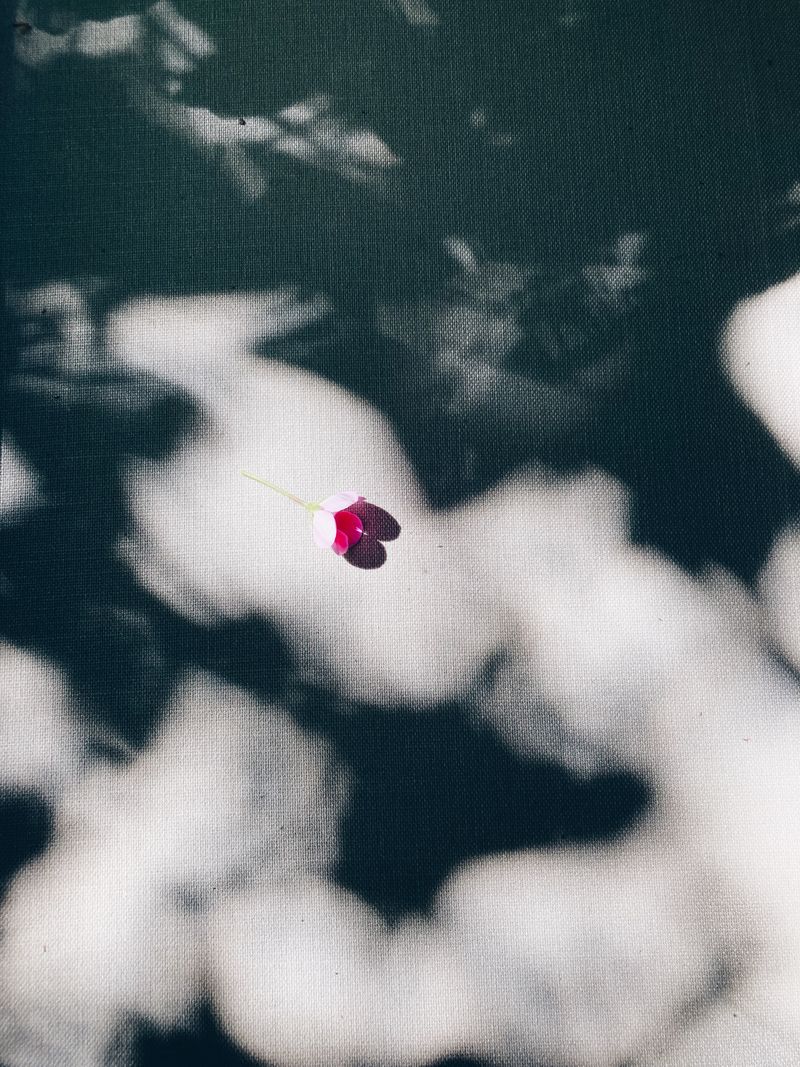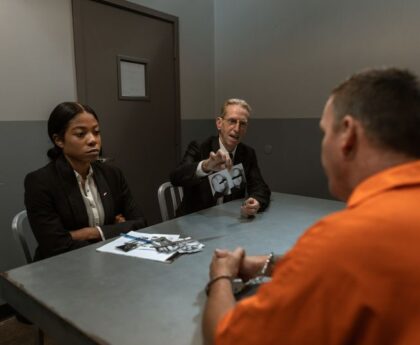Anti-Voice campaigner claims jail a “respite” for remote Aboriginals
Overview
Warren Mundine, a prominent Indigenous leader and anti-Voice campaigner, has come under scrutiny after expressing support for Gary Johns, a controversial figure who recently stated that jail can be seen as a “respite” for Aboriginal people living in remote communities. These comments have reignited the debate surrounding the high rates of Indigenous incarceration in Australia and have sparked outrage among Indigenous rights activists.
The Context
Australia has long faced issues of inequality and systemic discrimination against its Indigenous population. The overrepresentation of Aboriginal people in the country’s prison system is a glaring example of this inequality. Indigenous Australians make up only 3% of the total population but account for nearly 28% of the prison population.
The causes behind this overrepresentation are complex and multifaceted, including historic disadvantage, social and economic inequality, and the intergenerational trauma resulting from colonization and forced removals. Aboriginal communities, particularly those in remote areas, face unique challenges such as limited access to education, healthcare, and support services, which can contribute to a cycle of poverty and crime.
The Controversy
Gary Johns’ comment that jail can be a “respite” for Aboriginal people has ignited a firestorm of criticism and condemnation. Such remarks are not just offensive but deeply insensitive to the lived experiences of Indigenous individuals and communities who are disproportionately affected by the criminal justice system.
Warren Mundine’s support for Johns is equally troubling. As a prominent Indigenous leader, his support for someone who makes such dismissive and dehumanizing statements further undermines efforts to address the systemic issues facing Aboriginal communities.
Philosophical Discussions
This controversy raises important philosophical questions about justice, equality, and the role of imprisonment in society. It forces us to examine the purpose of incarceration and whether it should be seen as a form of punishment or rehabilitation.
Imprisonment should serve the dual purpose of protecting society and rehabilitating individuals to prevent recidivism and promote their successful reintegration into society. However, the current state of Aboriginal incarceration suggests that the system is failing to achieve these goals. Instead, it perpetuates cycles of disadvantage and marginalization, further entrenching the problems faced by Indigenous communities.
Editorial
The comments made by Gary Johns and Warren Mundine are offensive and demonstrate a shocking lack of empathy and understanding for the experiences of Aboriginal people. They perpetuate harmful stereotypes and contribute to the ongoing marginalization of Indigenous communities.
Addressing the issues of Indigenous incarceration requires a comprehensive and multifaceted approach. It entails addressing the systemic causes of inequality, improving access to education and healthcare, and implementing restorative justice practices that prioritize rehabilitation and community-based alternatives to incarceration.
Additionally, it is crucial for leaders and commentators to engage in respectful and informed discussions about the complex issues surrounding Indigenous incarceration. This means listening to and centering the voices of Indigenous people, who are best positioned to articulate the challenges they face and offer solutions that reflect their cultural and community needs.
Advice
As individuals, we have a responsibility to educate ourselves about the history and struggles faced by Indigenous Australians. This includes recognizing the ongoing impact of colonization, advocating for policy changes that address systemic inequality, and actively supporting Indigenous-led initiatives and organizations working to address issues of Indigenous incarceration.
To truly address the disparities in our justice system, it is imperative that we engage in open and honest conversations that challenge prevailing attitudes and biases. By doing so, we can work towards a more just and equitable society for all Australians.

<< photo by Tuğba >>
The image is for illustrative purposes only and does not depict the actual situation.
You might want to read !
- Rumours Abound: AFL Journalist Tom Browne Set to Bid Farewell to Channel Seven
- Frankston’s Successful Bid: The Unexpected Link to the FIFA World Cup
- “El Clásico Down Under: Real Madrid and AC Milan Go Head-to-Head in a Transcontinental Showdown”
- “Indigenous Origin Stars Shine Bright: Walker and Addo-Carr Illuminate Golden Era”
- “Liberating Legacy: Examining Leslie Van Houten’s Release from Prison after 53 Years”
- Operation Crackdown: Authorities seize drugs and weapons in St Albans
- “Kylian Mbappe: Tempted by €200m Real Madrid Deal?”
- “Silence is Golden: Hynes’ Outburst Cleared by Frustrated Referee”
- “Ubisoft’s Crackdown on Inactive Gamers: Suspends Accounts, Challenging Access to Games”
- The Battle of the Tigers: Unraveling the Richmond v Hawthorn Clash
- Modi Addresses Disturbing Sexual Assault Video in Manipur: Taking a Stand Against Violence
- Behind Bars: YNW Melly Trial Back on Track as Lawyer’s Illness Stalls Testimony
- Vyhara Sets Sail with Her New EP: Embarking on an ‘Escape’ | EDM Identity
- Inside Barbie’s Dreamland: A Peek into the Dual-World Design of Mattel’s Headquarters
- All Hilarity Breaks Loose: John Cleese Takes the Spotlight on Channel 7’s Roastfest




